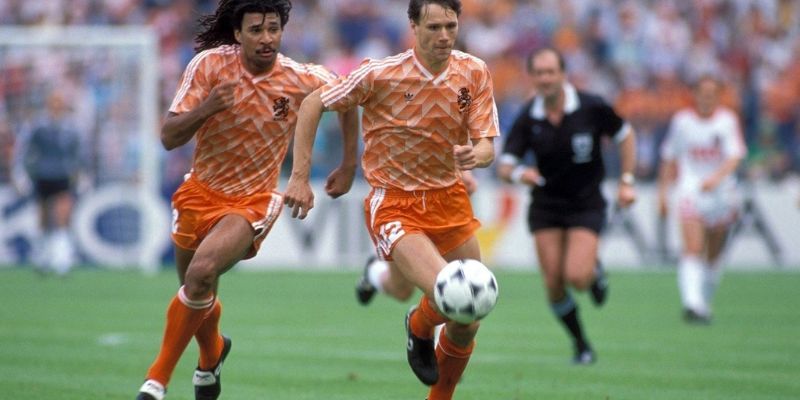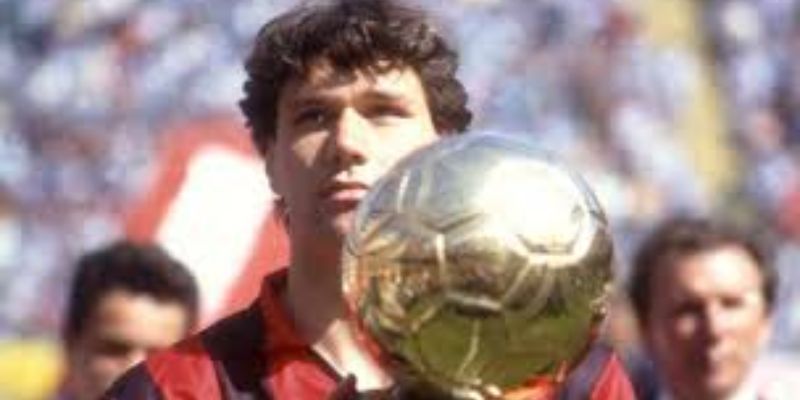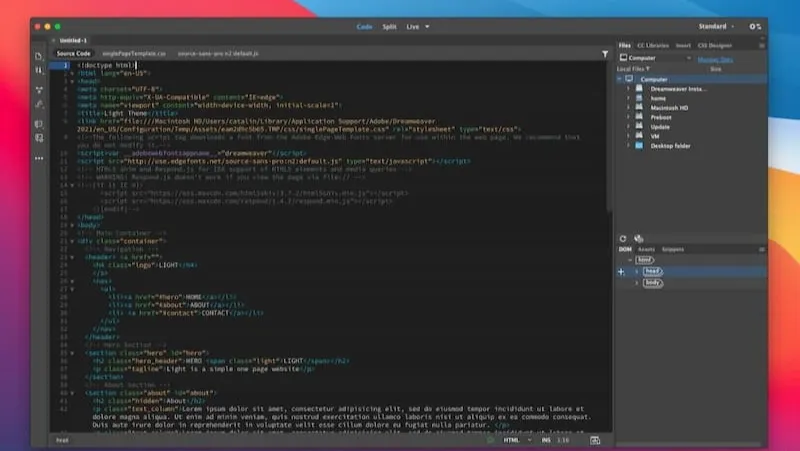Marco van Basten, or soccer as it’s known in some parts of the world, is a sport that has captivated audiences for decades. It’s a game filled with passion, intensity, and skill, and there are always players who stand out above the rest. One such player is Marco van Basten, the legendary Dutch forward who is considered one of the greatest footballers of all time. Let’s explore with ww88 through the following article.
Van Basten’s Legacy: From Ajax Wonderkid to Milan Icon

Born on October 31, 1964, in Utrecht, Netherlands, Marco van Basten showed an early aptitude for football. At the age of six, he joined local club UVV, where his talent was quickly recognized. By the age of 12, he was scouted by the renowned Ajax academy and joined their youth team in Amsterdam.
Van Basten rose through the ranks at Ajax, making his debut for the senior team at the age of 17. He quickly became a fan favorite, showcasing his exceptional ball control, vision, and finishing abilities. In his first season, he scored 12 goals in 28 appearances, helping Ajax clinch the Eredivisie title.
Over the next few years, Van Basten solidified himself as one of the best players in Europe, leading Ajax to multiple league titles and earning several individual awards, including three Dutch Footballer of the Year awards and the prestigious Ballon d’Or in 1988. His partnership with fellow Dutch legends Frank Rijkaard and Dennis Bergkamp was known as “The Holy Trinity,” and together they dominated on the pitch.
In 1987, Van Basten made a record-breaking move to Italian giants AC Milan, where he would spend the next decade of his career. He continued to shine, winning multiple league titles, European Cups, and individual accolades. His most memorable moment came in the 1988 UEFA European Championship, where he scored a hat-trick in the final against the Soviet Union, earning Netherlands their first major tournament victory. Van Basten’s performance earned him the Golden Boot award and solidified his status as one of the greatest players of all time.
Unfortunately, Van Basten’s career was cut short by a series of ankle injuries, and he announced his retirement at the age of 31. Despite this, he left behind an incredible legacy, not just in terms of his achievements but also in his impact on the game itself. His style of play and innovative techniques have influenced generations of players, and he continues to be revered as a footballing icon.
Van Basten’s Coaching Career: A Struggle to Replicate his Playing Success

After retiring from football, Van Basten took some time off before returning to the sport as a coach. He first managed the Netherlands national team from 2004 to 2008, guiding them to the semifinals of the 2006 FIFA World Cup. However, his tenure ended on a sour note, with the team failing to qualify for the 2008 UEFA European Championship.
In 2009, Van Basten was appointed as the head coach of Ajax, but after a disappointing season, he resigned in 2010. He then spent two years coaching at SC Heerenveen before taking on the role of AZ manager in 2012. His time at AZ was filled with controversy, with players and staff criticizing his management style and tactics. He eventually stepped down from his position in 2015.
Since then, Van Basten has had brief stints at different clubs, including Chinese side Guizhou Hengfeng FC and Dutch club FC Twente. However, he has struggled to replicate the success he had as a player, leading many to question his abilities as a coach. Despite this, Van Basten continues to be involved in the world of football, working as an analyst and commentator for various networks.
Conclusion
In conclusion, Marco van Basten will forever be remembered as one of the greatest footballers of all time. His technical abilities, leadership skills, and achievements on the pitch have solidified his status as an icon in the world of football. His legacy continues to live on through his influence on the game and the numerous players who have looked up to him as a role model.


